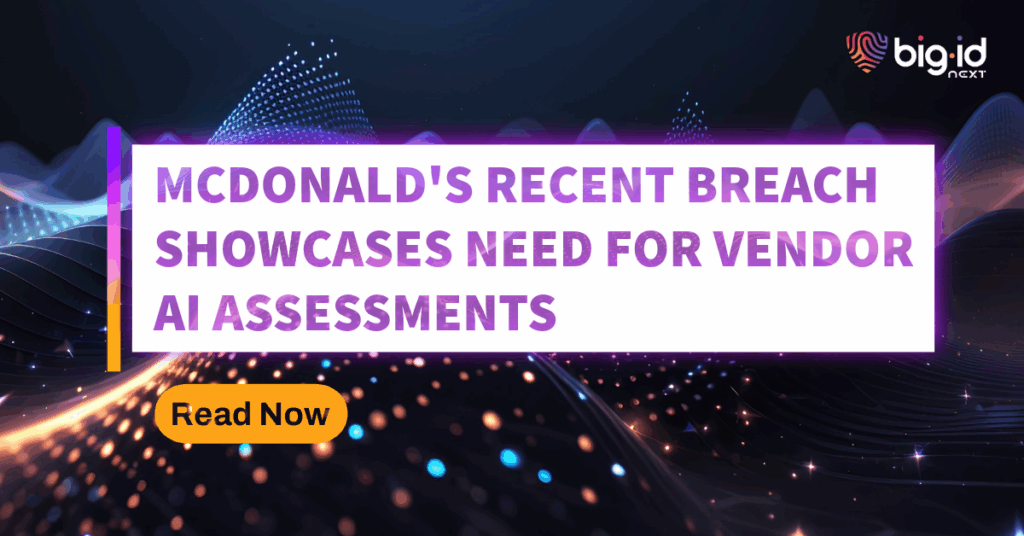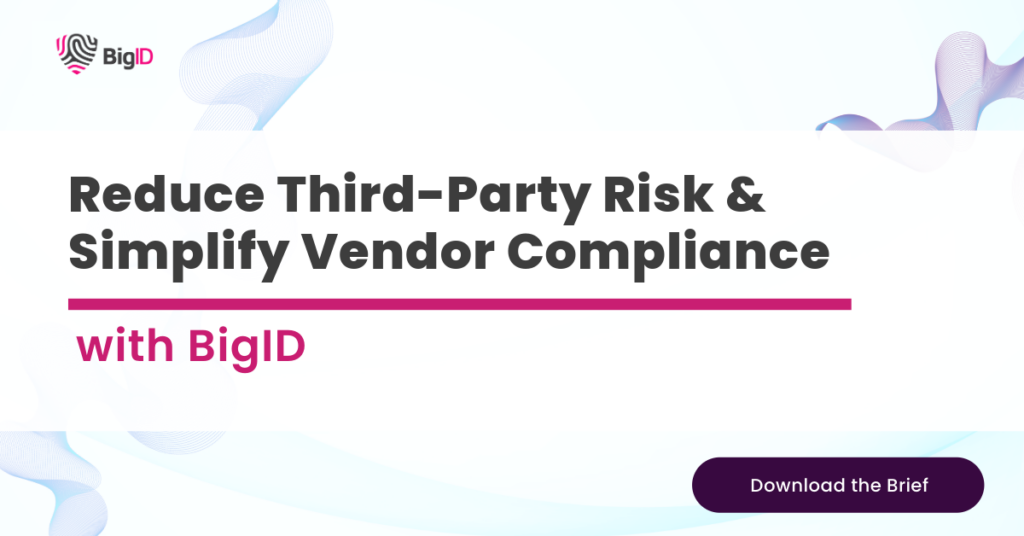In an era where AI handles everything from customer support to candidate screening, a recent article from WIRED is a timely yet troubling wake-up call. The investigation revealed a significant security failure tied to Paradox.ai, the vendor behind McDonald’s AI-powered hiring chatbot, “Olivia.” Interestingly, McDonald’s now finds itself in a paradox between innovation and security. This breach exposed personal data from potentially over 64 million job applicants, all due to fundamental security flaws, such as default passwords (“123456”) and the lack of multi-factor authentication.
Researchers Ian Carroll and Sam Curry discovered that they could access sensitive applicant data on the McHire.com platform — including names, email addresses, phone numbers, and chat transcripts — simply by guessing staff credentials tied to an unretired test account. Once inside, they could view any applicant’s data by modifying the ID numbers in the URL.
While Paradox.ai claimed to have resolved the vulnerability quickly and data access was limited, the systemic issue remains: enterprises are increasingly exposed by the weak security practices of their AI vendors.
Why This Matters
This breach isn’t just about poor password hygiene. It underscores three deeper, growing risks in the AI era:
- Unvetted AI vendors handling sensitive personal data
- Lack of governance around where and how AI systems are deployed
- Zero visibility into how third-party models collect, store, and secure data
Whether it’s AI-powered hiring bots, recommendation engines, or data processors behind the scenes, businesses are increasingly relying on third-party AI systems to automate sensitive decisions. However, as McDonald’s is learning, using an AI vendor doesn’t absolve an organization from its legal, ethical, or compliance obligations.
McDonald’s may not have built the chatbot, but their brand and customer trust are now on the line. As regulators, lawyers, and the public scrutinize AI’s real-world impacts, “we didn’t know” is no longer a valid defense.
How BigID AI Assessment Creates Smarter and Accountable AI Governance
AI is often adopted to drive efficiency, scalability, and innovation. But when these systems are developed or deployed by third-party vendors, organizations often lose visibility into how the model works, what data it uses, and where it introduces risk.
BigID provides companies with the tools to uncover AI blind spots, assess third-party risk, and protect the trust of their customers and applicants before a subsequent breach, lawsuit, or exposé.
BigID’s AI Assessment solution directly addresses the kind of vulnerabilities exposed in this breach. It empowers organizations to:
Inventory Third-Party AI Tools
Discover where AI is being used across the organization including vendor systems like Paradox.ai and what data it accesses or processes.
Assess Security & Data Risk
Evaluate AI tools for security hygiene, privacy risk, data access practices, and policy alignment to extend AI governance and oversight to external vendors.
Establish AI Usage Justification & Documentation
Map each AI system to its business purpose, legal basis, risk profile, and training data to meet internal and external AI governance requirements and align with emerging global AI regulations.
Enable Ongoing Monitoring & Vendor Oversight
Continuously track vendor compliance with data protection standards to uncover hidden AI risk in third-party systems, reduce exposure, and improve accountability across your data supply chain.
Learn how BigID can help secure your AI ecosystem, starting with the vendors. Get a Demo Today!


